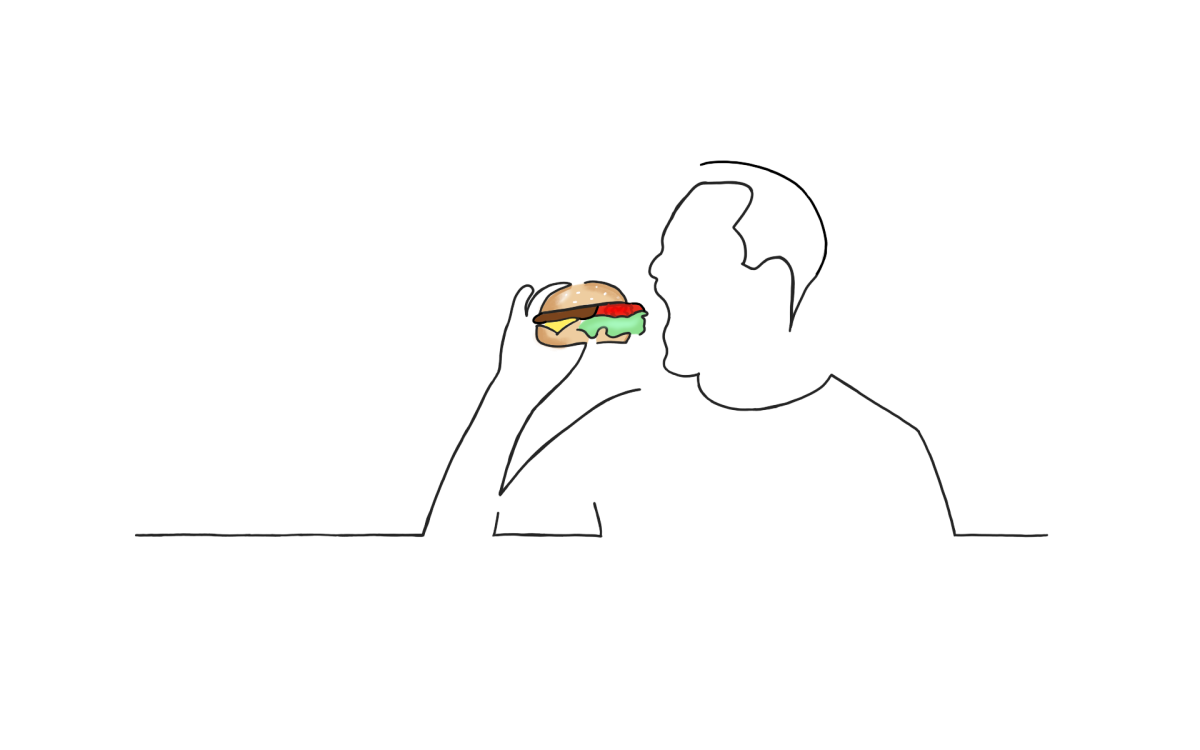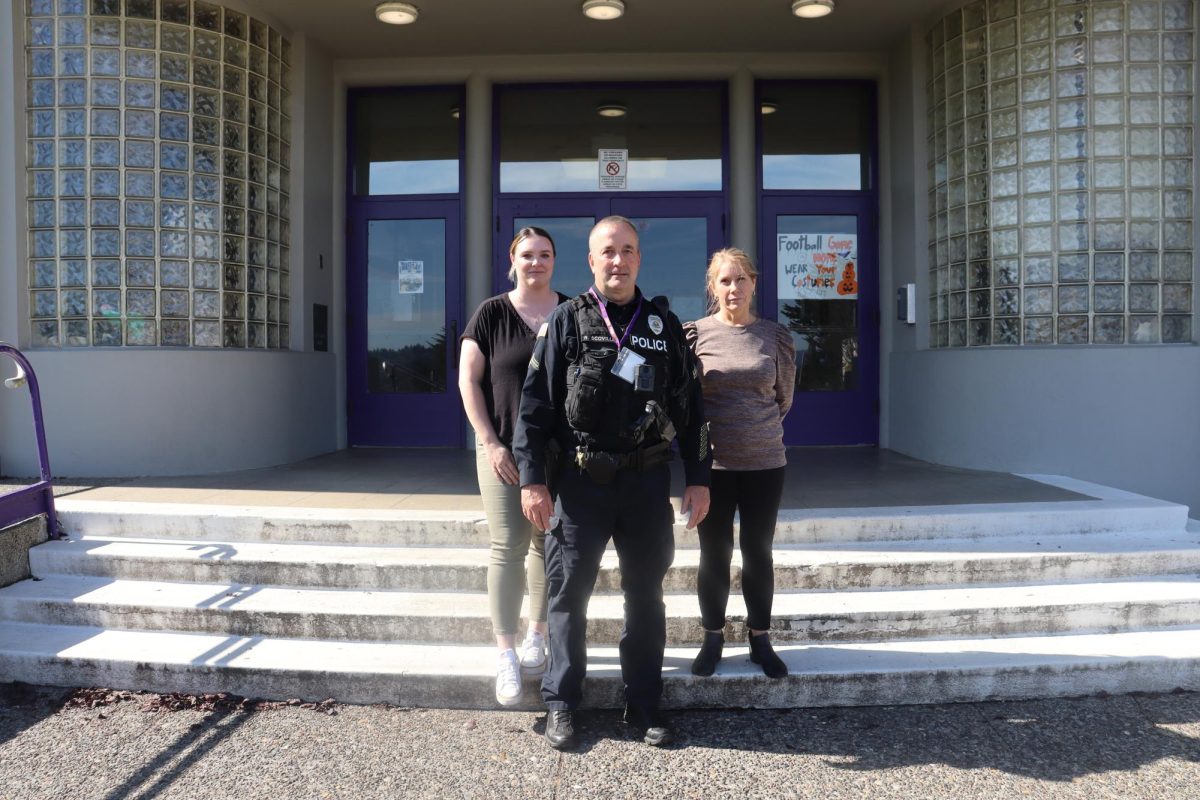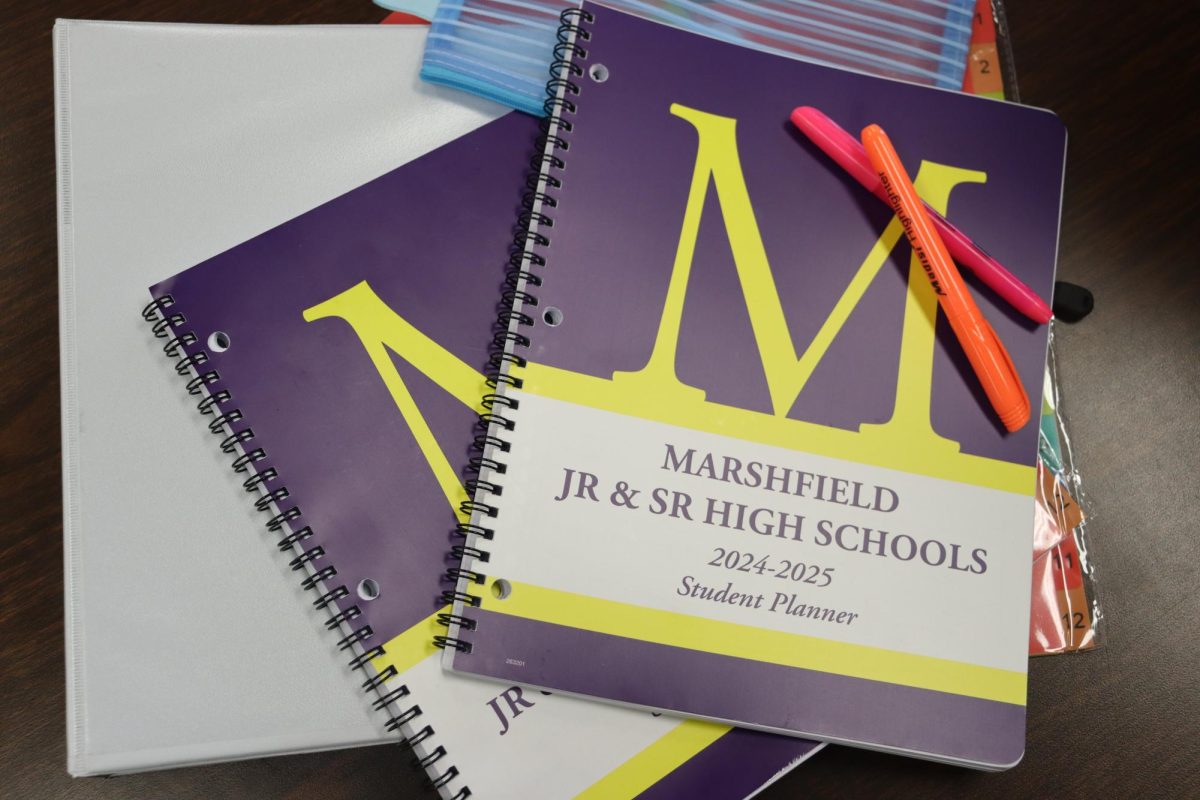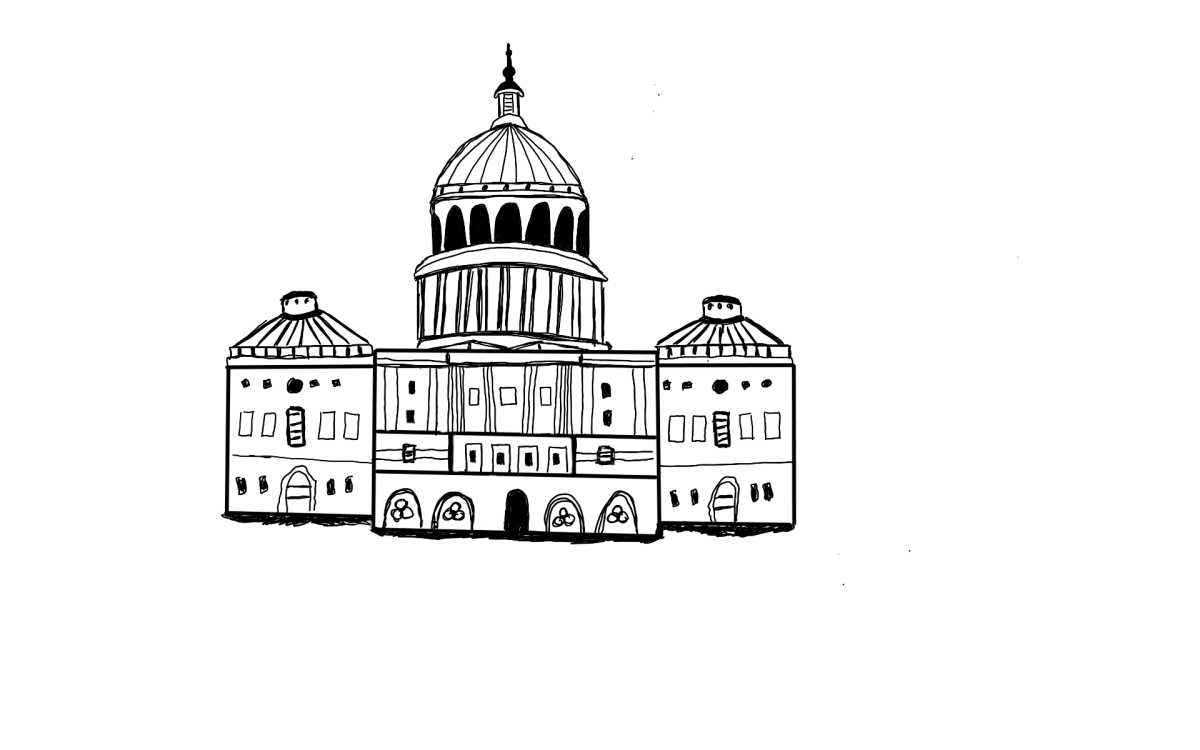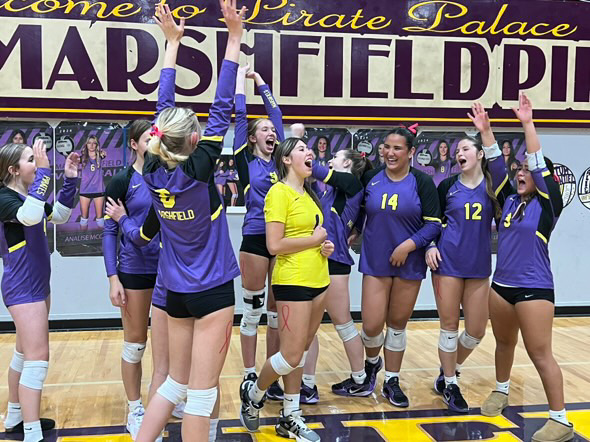New legislation hopes to bring more options to all schools across the nation.
On Dec. 10, 2015, President Barack Obama passed the Every Student Succeeds Act (ESSA). This bill replaces former President George W. Bush’s No Child Left Behind Act (NCLBA) signed in 2002. According to the Department of Education, the ESSA is an attempt to improve weak graduation rates across the country.
The NCLBA left a memorable mark on America’s education system. Schools were obligated to keep track of graduation rates for funding, as well as yearly required standardized testing in third through eighth grade and once during high school.
However, the NCLBA did not meet expectations for some.
Marshfield counselor Laura Osbon, among other staff members, had varying opinions on the NCLBA.
“The idea of not letting any child slip by is great,” Osbon said. “But it was bound by so much paperwork, so much data, it took people that work with students and education away from kids.”
For lower-income communities, the ESSA puts control back with the states by adding flexibility to mandatory testing, letting states and ultimately school districts decide how to test, de-incentivizes Common Core and leaves accountability goals with the states, an upgrade from the “one-size fits all” approach of the NCLBA.
The ESSA also identifies the musical arts as a core subject, allowing more choices for students when selecting classes.
In an interview by whitehouse.gov, President Obama addressed the change.
“The goals of No Child Left Behind were the right goals: Making a promise to educate every child with an excellent teacher — that’s the right thing to do, that’s the right goal. Higher standards are right. Accountability is right,” President Obama said. “But what hasn’t worked is denying teachers, schools and states what they need to meet these goals. That’s why we need to fix No Child Left Behind.”
This large revision in education laws means that change could once again visit Marshfield. Principal Travis Howard said the ESSA provides more options for students.
“I hope that they [students] see that they have more opportunities to be successful, and that it is an education that is tailored to meet their individual needs,” Howard said.
With more local decisions and flexibility, counselors hope to see higher graduation rates as different ways to graduate are made available.
One of the possible paths for graduation, Osbon said, might be the return of work samples. Work samples are performance-based assessments that test a student’s knowledge on a specific subject.
“Work samples are proficiency,” Osbon said. “Work samples are a lot more student-friendly and they fit with our teaching methods a lot more.”
The new legislation also emphasizes the role of libraries in the education setting. According to librarian Peggy Christensen, the ESSA has set requirements for school librarians, requiring them to have certification and encouraging them to teach research skills to students. Christensen said this is a step in the right direction.
“When we talk to librarians at colleges they say the thing that students cannot do is conduct research,” Christensen said. “It’s embedded in social studies, English, history, health, science. That’s what librarians are there for.”
Christensen said the ESSA is a new opportunity for schools to help students succeed at school, providing the necessary requirements for students coming from all types of households.
“The bottom line is kids will have equity,” Christensen said. “Equity is different than equality. Equality is I treat you the same, equity is everyone gets the same thing.”


